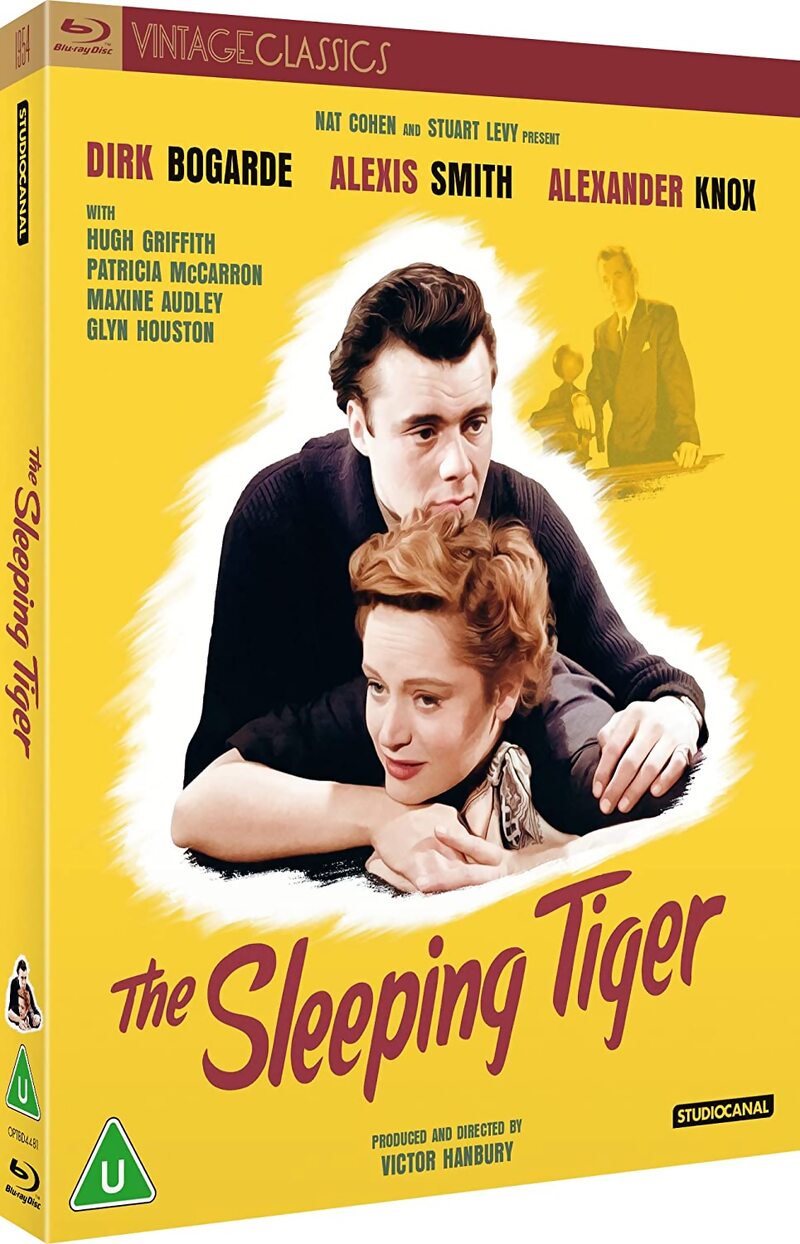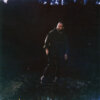The American film director Joseph Losey moved to England in 1953 after he became one of more than 300 victims of the Hollywood purges, whereby the Republican US Senator Joseph McCarthy had produced a blacklist of those in the entertainment industry who were believed to be either Communist or of holding such sympathies. Exiled from his home country, Losey was desperately looking for work but when first shown the story that would eventually become the screenplay for his 1954 film, The Sleeping Tiger – produced and directed under a pseudonym as he was then under surveillance by the Special Branch – he described it as being “cheap and lousy”.
However, Joseph Losey did see some merit in the story and then set about the process of casting for the film. Previously unbeknown to him but having watched a screening of the 1952 crime film Hunted in which he had starred, Losey immediately decided to offer the English actor Dirk Bogarde one of the key roles in The Sleeping Tiger.
It is this coming together of Joseph Losey and Dirk Bogarde and the working dynamic between the two men that are perhaps not only the most significant elements of The Sleeping Tiger but are also instrumental in its success. The two men were to go on and make four further films together, including the brilliant 1963 psychodrama, The Servant. You sense that Losey and Bogarde were, in many respects, kindred spirits. Both were rebellious outsiders, defiant, fuelled by an anti-discriminatory anger, and driven by a true moral compass.
The plot of The Sleeping Tiger is one of a psychotherapist (Alexander Knox) and his wife (Alexis Smith) taking a young convicted violent criminal (Dirk Bogarde) into their home as a six-month therapeutic experiment as an alternative to custody. From that simple device emerges several battles and dilemmas between right and wrong, good and evil, truth and lies, guilt and redemption, as well as it being underpinned by simmering, though given the period in which the film was made, relatively understated sexual tensions.
Some of the attitudes prevalent in the film – particularly towards women in general and gender roles in particular – will rightly be seen as being offensive, perhaps even more so when viewed through a contemporary lens. There is a cautionary warning notice to this effect at the outset of this release.
But more positively, Joseph Losey brings with him to the table a taut direction and some notable noir flourishes, including dramatic lighting and the conflation of violence, sexuality, and narrative uncertainty. And Dirk Bogarde, for his part, revisits much of the menace he had brought to his earlier role as a young hoodlum in The Blue Lamp, the 1950 British police procedural film. He bristles with threat and an almost supercilious sinisterism, bringing this film to unsettling life as he does so.
This newly restored British thriller is being released via STUDIOCANAL on Blu-Ray for the first time as well as on DVD and Digital from 7th November 2022.




